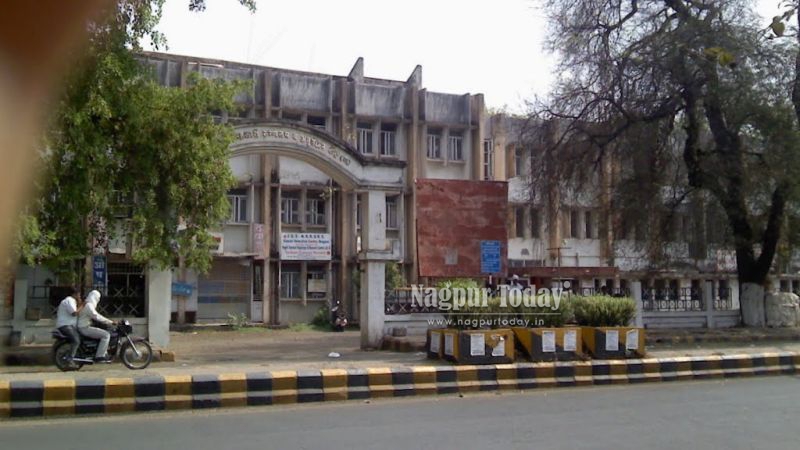Now Reading: U.S. Court Blocks Trump’s Foreign‑Student Ban, Offering Relief to Indian Scholars
-
01
U.S. Court Blocks Trump’s Foreign‑Student Ban, Offering Relief to Indian Scholars
U.S. Court Blocks Trump’s Foreign‑Student Ban, Offering Relief to Indian Scholars

In a major legal setback for the Trump administration, a federal court has stayed the order that would have forced international students to leave the United States if their courses shifted fully online. The ruling follows a lawsuit led by Harvard University and MIT and brings immediate relief to thousands of Indian students—many from Tier 2 cities—who faced sudden deportation, financial strain, and academic uncertainty amid the pandemic‑driven pivot to virtual classes.
Background: The Contested Policy
Earlier this month, U.S. Immigration and Customs Enforcement (ICE) announced that foreign students registered only in online programmes for the upcoming term would lose their visa status. Universities had just weeks to decide whether to reopen campuses during a health emergency or risk expelling their international cohorts. Harvard and MIT swiftly challenged the directive, calling it capricious and harmful to public health.
The Court’s Decision and Rationale
Judge Allison Burroughs granted a preliminary injunction, stating that the government had failed to provide a reasoned explanation for reversing earlier guidance that allowed online learning during COVID‑19. The court found the new rule placed “irreparable harm” on students and institutions alike. While the injunction is temporary, legal experts believe it signals strong judicial scepticism toward the measure’s legality.
Why Indian Students Are Celebrating
India sends roughly 200,000 students to U.S. universities each year. For many hailing from cities like Indore, Nagpur, and Coimbatore, the prospect of abrupt visa cancellation meant scrambling for costly flights, navigating quarantine rules, and potentially losing academic credits. Education‑loan counsellors report a surge of relieved calls from families that had feared default if their children were forced to return mid‑semester.
University Reactions and Next Steps
U.S. colleges welcomed the ruling, saying it allows them to design hybrid or fully online terms based on health conditions rather than immigration pressure. Nevertheless, administrators remain wary; the Department of Homeland Security could appeal or attempt a revised directive. Institutions are therefore advising students to maintain updated contact with international‑office advisers.
Ripple Effects in India’s Tier 2 Ecosystem
Consultancies in Tier 2 centers—where aspirants often rely on neighbourhood coaching institutes and bank loans—say the injunction preserves confidence in U.S. study plans. State‑level skill‑development agencies, which partner with American universities for exchange programmes, note that any prolonged visa turmoil would have dampened local ambitions and economic linkages.
What Could Happen Next
Legal analysts suggest three possible trajectories: the administration may appeal the injunction, issue a narrower rule targeting new visa applicants, or abandon the policy altogether. In any scenario, advocacy groups are preparing for further court battles, and universities are drafting contingency plans to safeguard student status.
Conclusion
The court’s intervention offers a crucial, if provisional, lifeline to international education and the dreams it fuels for thousands of Indian families. As legal proceedings continue, stakeholders on both sides of the Pacific will watch closely, hoping that policy decisions balance public‑health needs with the longstanding U.S. tradition of welcoming global talent.

























